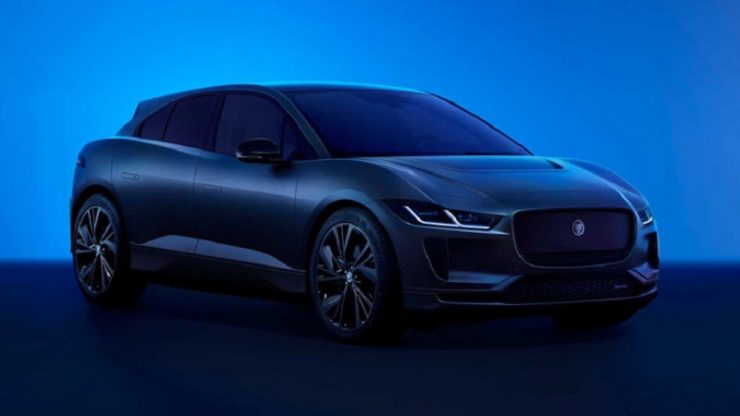JLR, a subsidiary of India’s Tata Motors, doesn’t have its own EV platform, so it will get one from China’s Chery. According to Chinese media, Jaguar Land Rover (JLR) is close to signing a deal with Chery (China’s third-largest automaker) to gain access to its electric car platform.
The two companies are already working together to build cars in China, so this news isn’t surprising. This new EV platform sharing scheme was also confirmed by a company representative quoted by Reuters in a recent presentation, who said that two European premium carmakers are interested in the Chery E0X architecture for high-end cars.
JJLR may be looking to cut costs and quickly regain lost ground against rivals from Germany, the US and South Korea who have much more advanced electric car projects.
According to CNEVPost, JLR intends to build hybrid and fully electric vehicles on the Chery platform. JLR’s future EVs and PHEVs will share platforms and technology with vehicles from Chery’s Exeed luxury brand, but no additional information was shared. There’s no timeframe for when the first Chery-based JLR plug-in will debut, but the British automaker has said it plans to launch six all-electric models across its brands by 2026.
The first new JLR EV will be an all-electric Range Rover due later this year, but we don’t know if it will be built on a Chery platform. The Jaguar-Land Rover Group has been a subsidiary of India’s Tata Motors since 2008 and has only produced one electric car, the Jaguar I-Pace.
The company was also working on an all-electric Jaguar. JLR changed its name last year and announced that Range Rover, Defender, Discovery and Jaguar would become separate sub-brands. JLR and Chery have had a joint venture in China since 2012, with local production of the long-wheelbase Jaguar XF, Range Rover Evoque and Land Rover Discovery Sport.
The company has pledged to sell only electric cars after 2023 and achieve zero carbon emissions by 2039, while implementing what it calls an open innovation strategy to help it achieve these goals.
This means the company is open to working with third parties to reduce costs and accelerate the development of various systems in the areas of electrification, connectivity and sustainability. [sources/photo special]
















